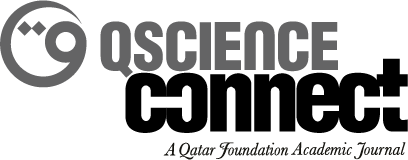-
oa Bridging the gap between gown and town through industrial training: A study of perceptions and experiences of the University of Technology and Applied Sciences Mass Communication interns
- Source: QScience Connect, Volume 2024, Issue 2, Dec 2024, 2
-
- 27 November 2023
- 05 November 2024
- 24 December 2024
Abstract
This study examined the role of internships in integrating academic knowledge with practical industry experience for Mass Communication students at the University of Technology and Applied Sciences (UTAS), Sultanate of Oman. Through a mixed-method approach involving surveys and semi-structured interviews with students, this research evaluated their perceptions and experiences during internships. The study focused on key factors, including the selection of training sites, alignment with academic specialization, expectations versus reality, and the impact on employment prospects. Results indicated that the majority of students (61.1%) interned in the government sectors, with many expressing concerns over insufficient supervision. Despite this challenge, students acknowledged the value of internships in enhancing practical skills and professional competencies. The findings underscored the need for enhanced collaboration between academic institutions and industry, emphasizing the importance of structured supervision and continuous feedback. Recommendations were provided to optimize internship programs, with implications for curriculum development and graduate employability.


